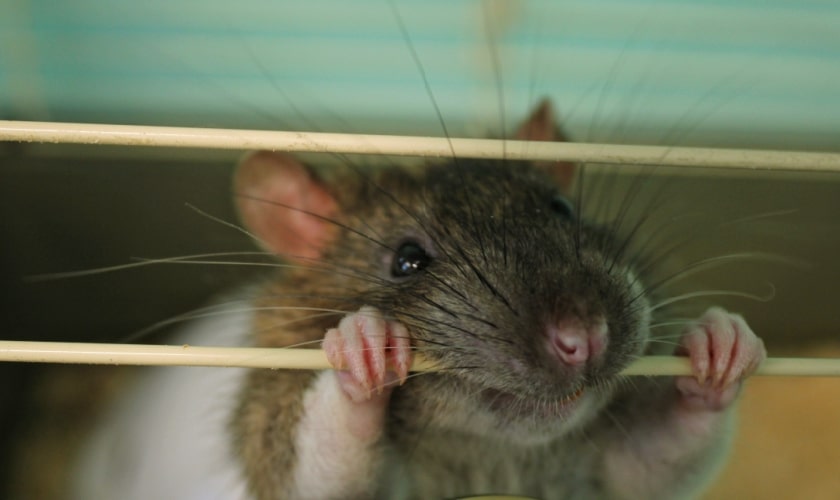As the warm months approach, vacation homeowners often find themselves preparing for the influx of guests eager to enjoy a seasonal retreat. However, along with the much-anticipated guests, another less desirable group might visit: bugs. Understanding how to manage these uninvited guests is crucial, which is why a comprehensive bug season guide for vacation homes is indispensable.
Whether your vacation home is nestled in a lush forest, located by a serene lake, or perched on a sunny beach, bugs can pose a significant nuisance. This guide aims to equip you with practical tips and strategies to keep your property bug-free, ensuring a pleasant stay for your guests.

Understanding Bug Behavior During the Season
Before delving into prevention strategies, it's essential to understand why bug infestations occur more frequently during certain times of the year. The bug season typically coincides with warmer temperatures, which provide an ideal environment for insects to thrive and reproduce. This is why spring and summer are usually the peak seasons for a variety of pests.
During this period, insects are more active in search of food, mates, and nesting sites. Vacation homes, often left unoccupied for extended periods, can provide an ideal environment for pests to settle. Understanding these patterns is vital for effective management and prevention.
Prevention Tips for a Bug-Free Vacation Home
1. Regular Maintenance and Inspection
One of the most effective ways to prevent bug infestations is through regular maintenance and inspections. Check for cracks and openings around windows, doors, and the foundation of your home, as these can serve as entry points for pests. Sealing these gaps can significantly reduce the likelihood of an infestation.
Additionally, ensure that screens on windows and doors are intact and fit snugly. You might want to consider investing in smart maintenance tools that can alert you to issues before they become severe.
2. Eliminate Standing Water
Standing water is a breeding ground for mosquitoes and other insects. Regularly check your property for areas where water may accumulate, such as gutters, planters, or pools. Proper drainage and routine cleaning can help mitigate this issue.
3. Proper Waste Management
Garbage can attract a variety of pests, from ants to raccoons. Implement a waste management system that includes secure trash bins with tight-fitting lids. This simple step can vastly decrease the attraction of pests to your property. For more on handling pests like raccoons, see our guide on dealing with raccoons.
Pest Control Methods for Vacation Homes
Chemical vs. Non-Chemical Solutions
When it comes to pest control, you have several options at your disposal. Chemical solutions, such as sprays and powders, can be effective but may pose risks to humans and pets. Therefore, their use should be carefully considered and possibly left to professionals.
Non-chemical solutions, on the other hand, are often safer and can include traps, natural repellents, and electronic devices. For urban vacation homes, learn more about effective rodent control strategies.
Professional Pest Control Services
Hiring a professional pest control service can be a wise investment, especially if your property is prone to infestations. Professionals can provide an in-depth assessment and tailored solutions to your pest issues, ensuring that your home remains a welcoming haven for guests.
Additional Resources for Vacation Homeowners
Staying informed is key to managing pests effectively. Consider joining forums or communities where vacation homeowners share their experiences and solutions. One such resource is the AirHost Forum, where you can find tips and advice from fellow property owners.
Conclusion
Managing pests during the bug season doesn't have to be a daunting task. With a proactive approach and the right strategies, you can protect your vacation home and ensure a delightful experience for your guests. Remember, regular maintenance, effective waste management, and timely professional intervention can make all the difference.
For more tips on maintaining a pest-free environment, visit Passive Airbnb.

FAQ
1. What are the signs of a bug infestation?
Common signs include visible insects, droppings, nests, and damage to structures or furnishings. Regular inspections can help identify these early.
2. How often should I inspect my vacation home for pests?
It's advisable to conduct inspections at least once a season, or more frequently if your property is in a high-risk area.
3. Can natural repellents be effective?
Yes, natural repellents like essential oils can be effective against certain pests. However, their efficacy can vary depending on the type of pest and the concentration used.
